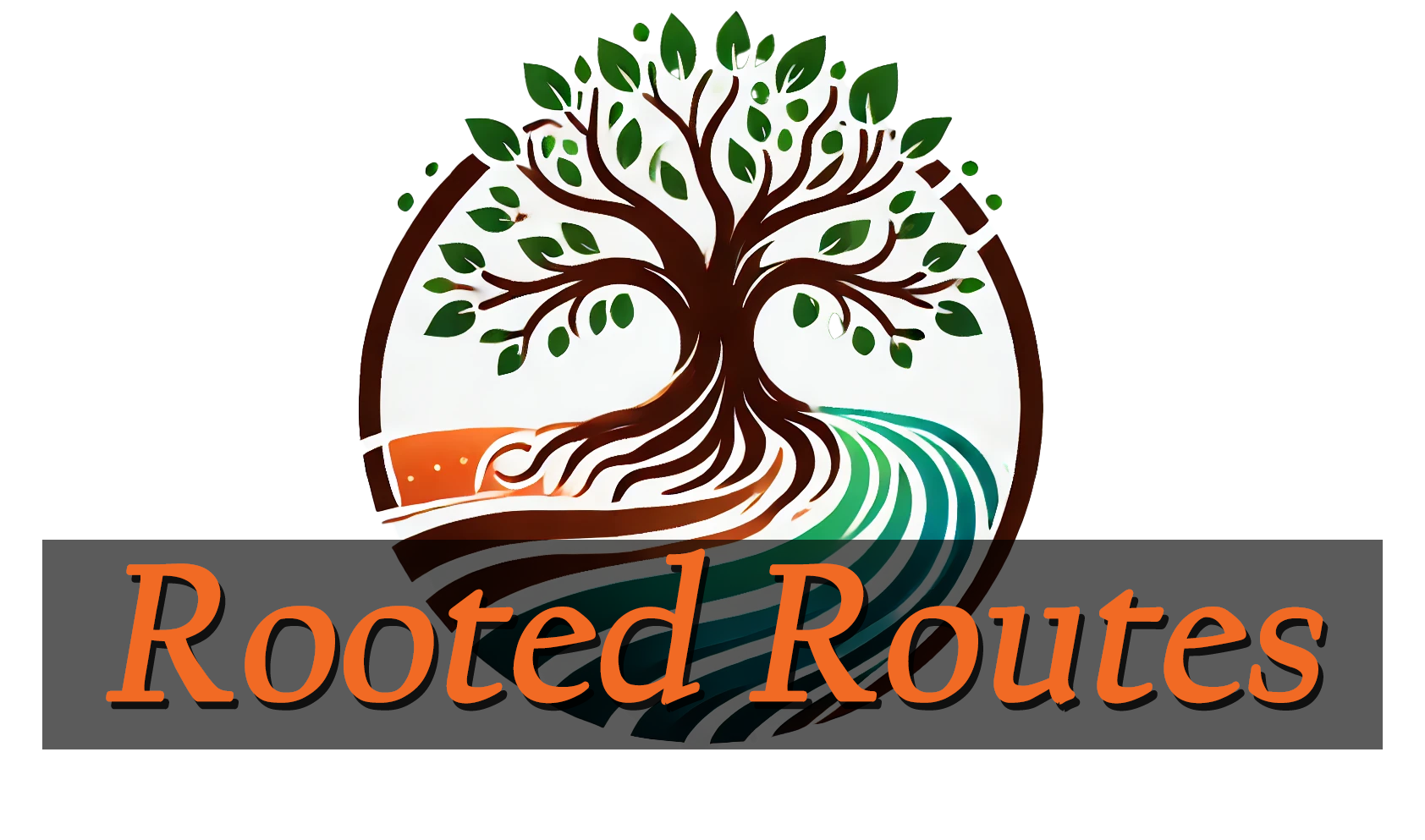What surprised me most about living in Germany was how much political movements shaped the media’s portrayal of migration. Far-right parties like the Alternative for Germany (AfD) use fear-driven messaging to influence public perception. Their posters, which warn of immigration as a danger to national identity, don’t just create division; they fuel the stories that dominate news cycles.
The consequences are real. Data from PEW Research highlights how public opinion has shifted in response to these narratives, with migration increasingly viewed as a security risk rather than an opportunity for growth. This framing has personal effects too. It creates barriers for immigrants trying to integrate, leaving many feeling like outsiders, no matter how much they contribute.
I’ve felt this myself. Whether it’s learning the language, adapting to a new culture, or working hard to contribute to the community, there are moments when it feels like it’s never enough to change how some people see you. And I’m not alone. Many immigrants I’ve spoken to have shared similar experiences of feeling excluded or judged because of how migration is framed in the media.
But the media has the power to do more than divide. By telling diverse, balanced stories, it can promote empathy and understanding. Stories of immigrants building businesses, enriching local cultures, and making meaningful contributions can challenge stereotypes and shift perspectives.
When immigrants share their own stories, rather than being spoken about, it humanizes the migration experience. It reminds us that migration is not just about politics or numbers but about people seeking a better life, often against incredible odds.
The stories we choose to tell matter because they shape how we see one another. By pushing for narratives that are balanced and human, we can create a society where everyone feels seen, valued, and welcomed.
